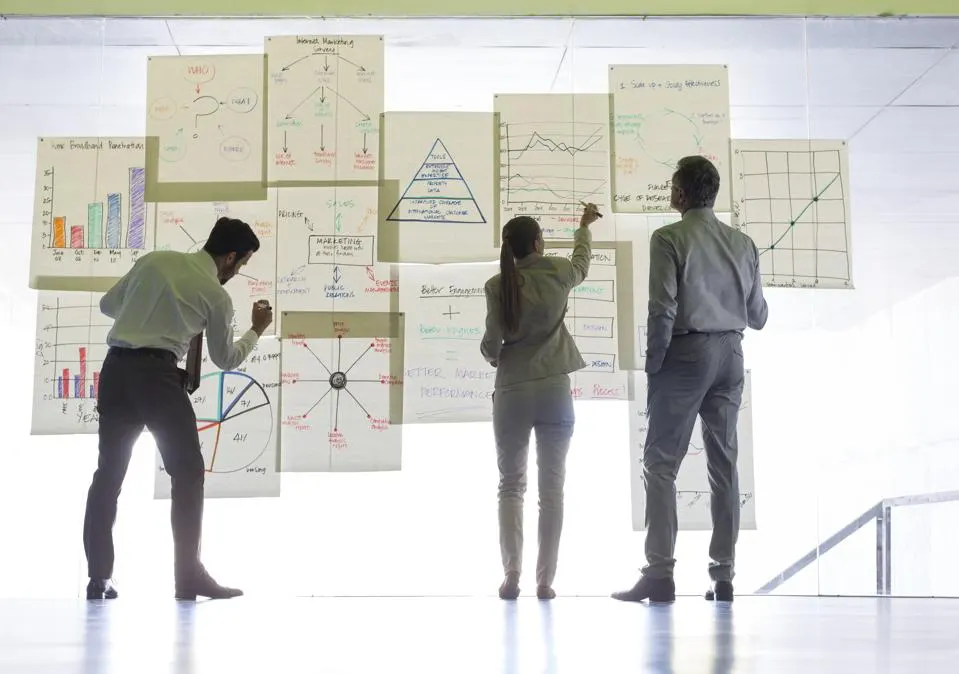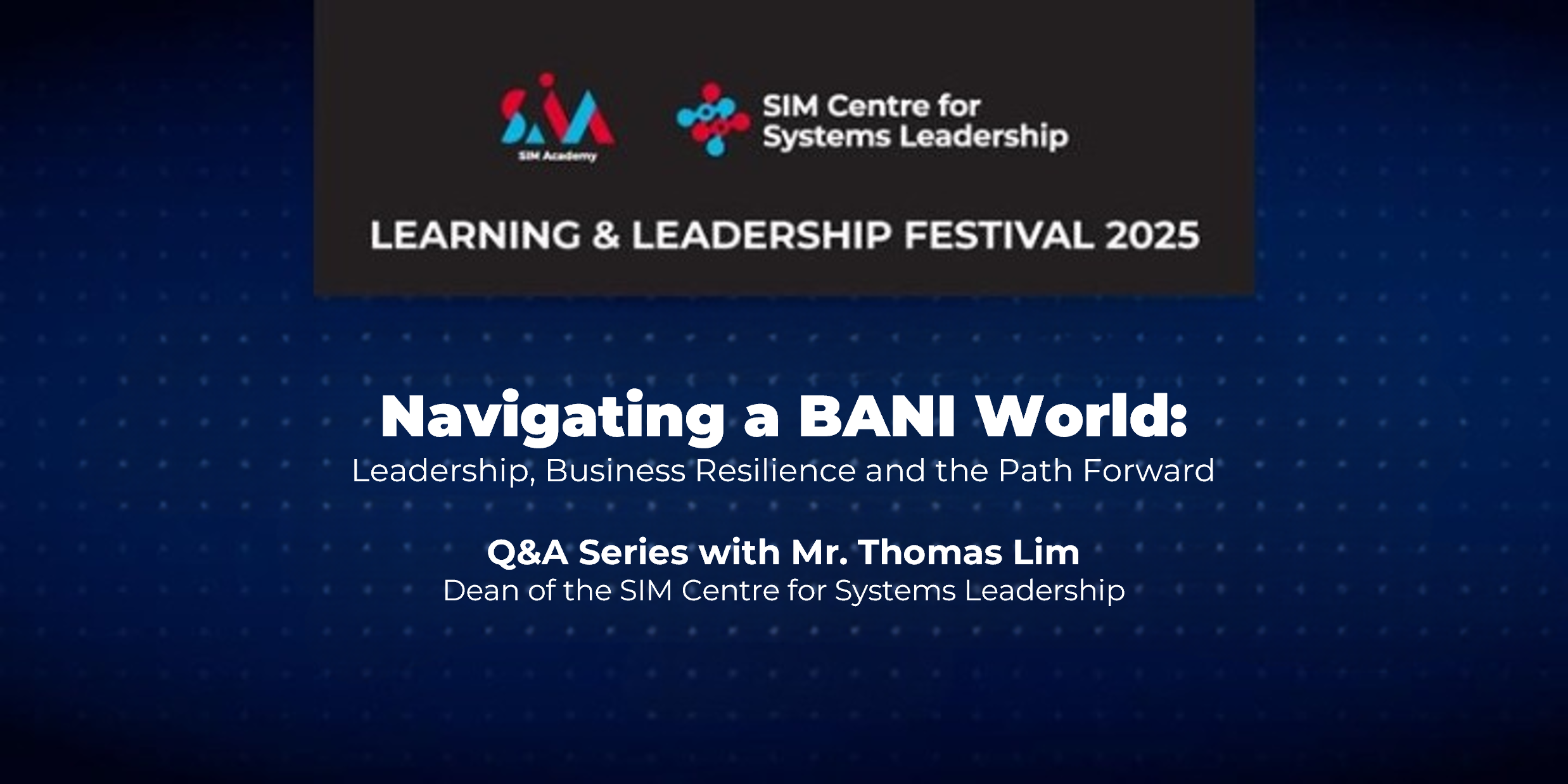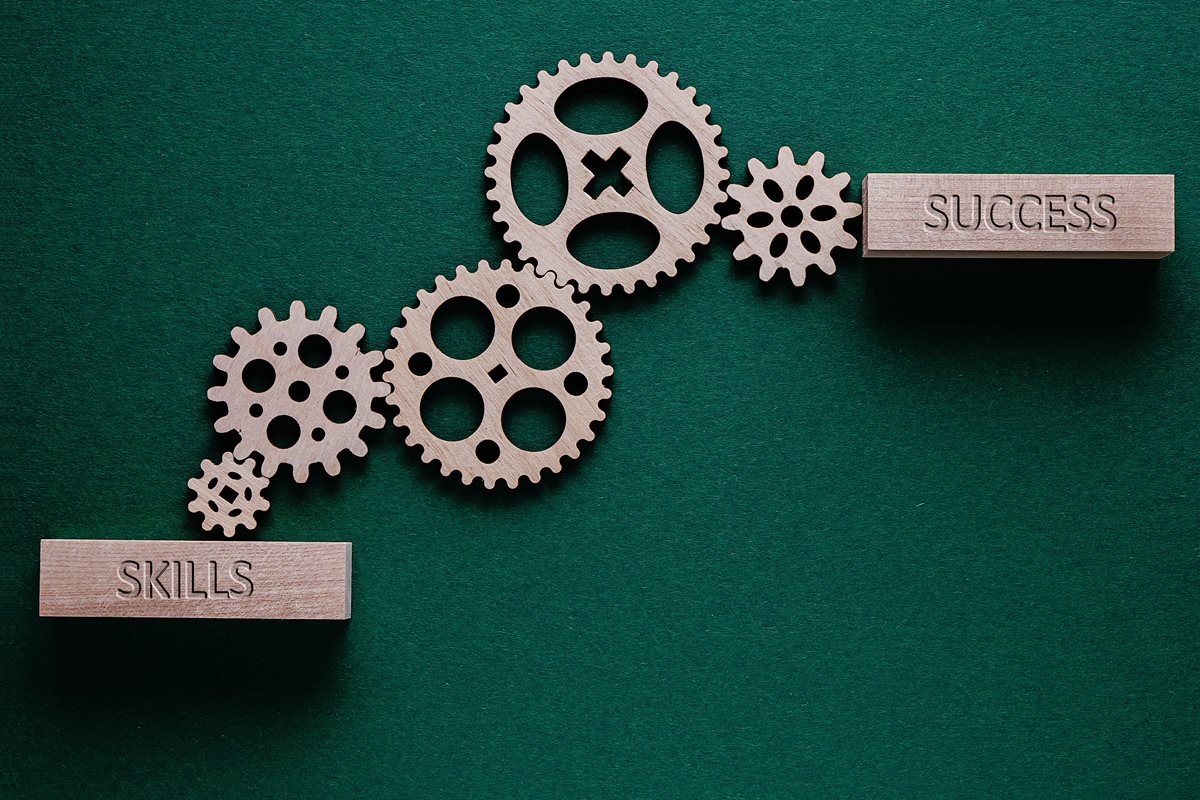A shopper clicks in a fund transfer link provided by an online merchant, eager to pay for two luxury watches at jaw-droppingly low prices. Suddenly, alerts pop up via his banking app as cybersecurity systems powered by artificial intelligence (AI) detect the risks of a phishing scam – just in time to avert a devastating fraud.
Did AI just save the day? It did complete herculean feats like sifting through millions of data points in seconds to detect abnormal activity, but the real heroes here are still humans.
Only people, not machines, are able to understand and pre-empt the fear tactics and other behavioural strategies deployed by today’s increasingly sophisticated scammers.
And only people who have honed uniquely human skills like empathy and social cognition can create the right AI-powered solutions to subvert fast-evolving cybercrime at scale, and on the other end of the spectrum, meet customers’ deepest needs. Now, that’s real power.
This is the kind of human prowess that organisations need to rely on when harnessing advanced technologies to safeguard and advance societal wellbeing – not just in cyberspace, but across every sector, industry and ecosystem as the Fifth Industrial Revolution looms large.
From Technical to Human-Centric Skills
At the Singapore Institute of Management (SIM), we have recognised early on that human-centric skills will be the key to success for organisations gearing up for Industry 5.0, which will see people working with robots to put social wellbeing at the heart of industrial and enterprise transformation.
This means organisations will need to shift their focus from training workers in traditional skills to helping them hone human capabilities that cannot be replicated or replaced by AI or machines.
It’s with this in mind that we designed our course offerings with a human-centric focus, be it our mid-career programme in Cybersecurity – Incident Response, or courses in a wide array of fields from sustainability to leadership & management.
We go far beyond just teaching common techniques or technical know-how, which AI tools can master more quickly than man ever can. Instead, we equip adult learners with the right mindsets, skillsets and toolsets, so they can embrace a holistic mental model that enables them to think critically while mastering skills and technical tools for practical application.
Only then can today’s talent align themselves to the Fifth Industrial Revolution, which the European Commission envisions will be defined by human-centricity, resilience, and sustainability. These three pillars highlight the importance of workforce practices that ensure production supports human workers’ pyscho-social needs; the sustainable use of human resources, as well as the workers’ resilience – ensuring their lifelong employability by equipping them with continual training and upskilling.
By that definition, the Industry 5.0 landscape is bound to be complex – because human nature is complicated. So honing human-centric skills will require corporate leaders and workers alike to embrace three aspects of deeper, holistic change.
The Industry 5.0 Paradigm Shift
First, we need to own the transformative impact that the Fifth Industrial Revolution will have on our organisational systems and individual mindsets.
Many companies currently view workers as a factor of production which can be deployed alongside Industry 4.0 technologies such as AI, automation and Internet of Things to maximise profits.
But what they need to do is shift to an Industry 5.0 paradigm where workers are viewed as the organisation’s lifeblood – the source of creative and empathetic fresh ideas on how to harness new technologies to work better, smarter and faster for the good of their customers, societies and the planet.
This new mindset shift will empower professionals to hone their skills not just to boost productivity and profitability, but to deploy critical thinking skills and social awareness to solve broader problems facing humanity, such as improving sustainability and social well-being for all.
In SIM’s training and consulting partnership with Global Green Connect (GGC), a sustainability network that works with Singapore companies to embark on their sustainability journeys, the concept of shifting the economic paradigm from profit maximisation to mutual value creation is an integral one.
If a GGC client does not embrace this paradigm shift, this could undermine the success of environmental, social and governance (ESG) solutions it seeks to implement. So SIM works closely with GGC to help teams own the ESG integration process by using a “mindset, skillset and toolset” approach to holistically skill them while transforming their mental lenses.
Deconstructing Learning
This brings us to the second change that must take place in order to hone human-centric skills: the art of “unlearning to learn”.
This cornerstone concept is an integral part of the SIM Critical Core Skills (CCS) Programme, developed with Project Zero, a research centre at the Harvard Graduate School of Education.
Unlearning is about learning to think and behave differently when our existing mental models become obstacles. As industries and jobs are disrupted by AI, virtually every worker will need to unlearn mental models that hinder him or her from acquiring human-centric skills.
Obsolete ways of thinking may trap workers into focusing on honing skills or knowledge that are no longer relevant in the digital age, while hindering them from stepping out of the old mental model to choose a new lens of value creation in an Industry 5.0 landscape.
Learners at the CCS programme who are undergoing multi-faceted career transitions, can attest to the transformative power of unlearning mindsets, habits and systems that block their path to truly fulfilling work.
In the healthcare industry, for instance, workers also need to shift their mindsets how to create value in their jobs, as automation and robotics take over many of the important but mundane tasks that used to be an integral part of their work.These healthcare professionals will need to unlearn old performance metrices based on how efficiently they could perform tasks such as data input and claims processing to serve patients, and shift to a new mindset of providing higher-quality patient care using skills like empathy and problem-solving.
In the same vein, non-legal professionals no longer need to focus on the nitty-gritty of contract drafting in order to become adept at business negotiations. They can take SIM Academy’s special session on using Generative AI such as Chat GPT to assist them with contract-related tasks. This new mindset of using AI effectively in tandem with their higher-level cognitive skills will boost their ability to analyse and solve real-world challenges, such as teasing out the nuances of business negotiations.
Leading the Dash
The third change is in the way we lead and work together to scale our human-centric competencies.
Human-centric skills can be expressed and exercised in diverse ways by people of different backgrounds, cultures and personalities. Collectively, they can magnify the power of Industry 5.0 technologies to produce truly sustainable and resilient outcomes for all.
But to do this, they need systems leaders who exemplify empathy and emotion, and combine that with critical thinking to bring diverse people together to problem-solve in volatile, complex environments.
At the SIM Centre for Systems Leadership, we nurture such leaders to galvanise powerful systemic change together by scaling key competencies like Design Thinking, a human-centred approach to creative problem-solving; Agile Thinking; Systems Thinking; and Human Capital. These competences, tied together by progressive leadership, form SIM’s DASH+ framework that can position organisations to thrive even in the face of rapid innovation and disruption.
At the Cutting-Edge
Human-centric skills have existed as long as mankind has.
But what makes these “soft skills” so cutting-edge today are the endless possibilities to combine them with AI’s “hard skills” to push the boundaries of Industry 5.0. And SIM Academy is on hand to help organisations and individuals master the human-centric edge that will bring innovation, social wellbeing and sustainability to new heights.






